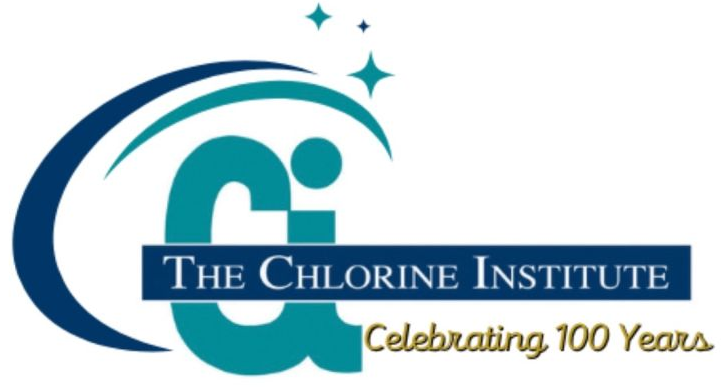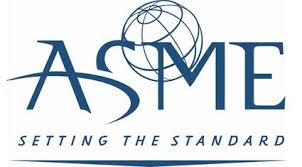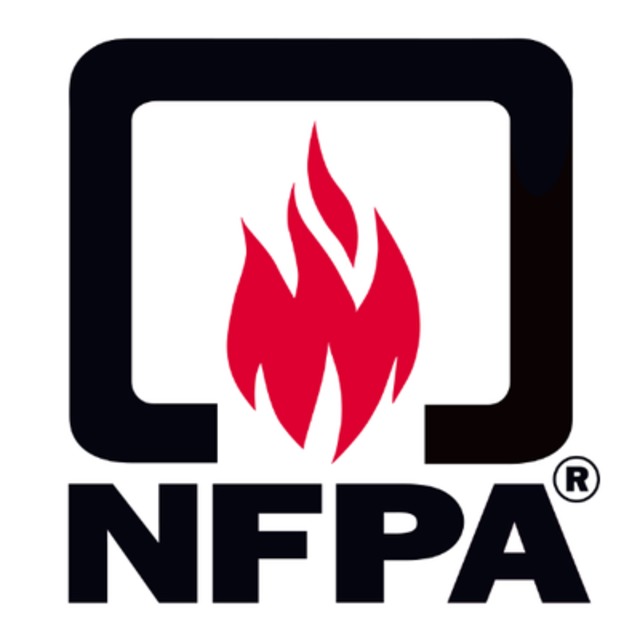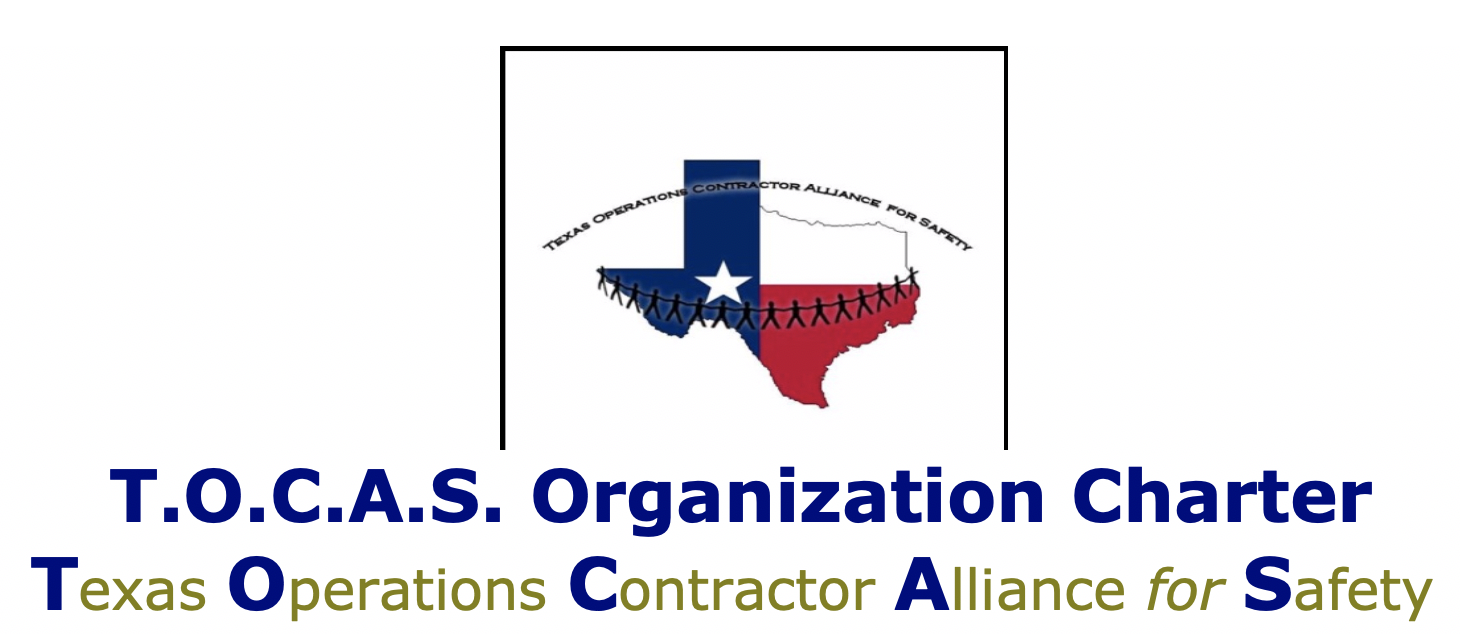Examples of catastrophic failure of NH3 refrigeration vessels caused by stress corrosion cracking (FMCSA)
Cases of Stress Corrosion Cracking (SCC) in steel vessels using NH3 have been reported by members of the ammonia refrigeration industry. When NH3 is used as a refrigerant, it is kept at -33° C (-28° F). While it was once believed that NH3 SCC)could not occur at such low temperatures, both practical experience and experimental studies have shown otherwise. The Industrial Refrigeration Consortium (IRC) has developed classes and issued technical bulletins for its members to address the causes and prevention of NH3 SCC. The IRC has identified non-stress-relieved (non-annealed) welds and areas exposed to condensing NH3 vapor as “hot spots” for SCC. In one incident, an SCC attack formed a hole through a high-pressure receiver line from an NH3 refrigeration system. The hole initiated on the inside of the vessel and grew completely through the weld and heat-affected zones to the exterior surface. After the leak occurred, the interior surface of that pressure vessel was examined with a liquid penetrant, and this showed that several SCC 5 to 10 cm long cracks were present, all oriented perpendicular to the weld line. Other cases of failure have been reported by the International Institute of Ammonia Refrigeration: |
Partner Organizations I am proud to announce that The Chlorine Institute and SAFTENG have extended our"Partners in Safety" agreement for another year (2024) CI Members, send me an e-mail to request your FREE SAFTENG membership
Member Associations
|













